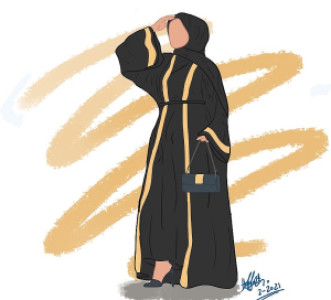Reading the book mythology 101
Description
Vocal Characteristics
Language
EnglishVoice Age
Young Adult (18-35)Accents
North American (General)Transcript
Note: Transcripts are generated using speech recognition software and may contain errors.
reading the book mythology one on one, page nine Defying a myth. A myth defined simply, is a fictional story or a half truth, but it goes much deeper than that. Scholars of mythology have struggled to pinpoint an exact definition that encompasses all of the attributes contained within a myth. It's funny how such a small word both defines and gives purpose to lofty ideas such as the meaning of life. It's no wonder an accurate definition has not been settled on in popular usage. The word myth usually refers to a fictional story or half truth. For example, you might see a report in the media that uses myth for some commonly held belief that the reporter wants to prove untrue. But myths go much, much deeper than false beliefs or made up stories. Scholars of mythology have struggled to agree on an exact definition, one that encompasses everything myth can mean myths may deal with questions of origins, who you are and where you come from. They mean teach values or attempt to explain natural phenomena. Myths are more often intertwined with religion, and some look ahead into the end of time. This book focuses on Greek and Roman mythology. But these are not the only myths. Other cultures, such as Japanese, Native American, Indian, Chinese, North African, Celtic, aboriginal and Egyptian people, have their own myths, although the stories maybe wildly different. All myths share certain characteristics. Looking at these similarities offers a starting point for developing a working definition of myth.
